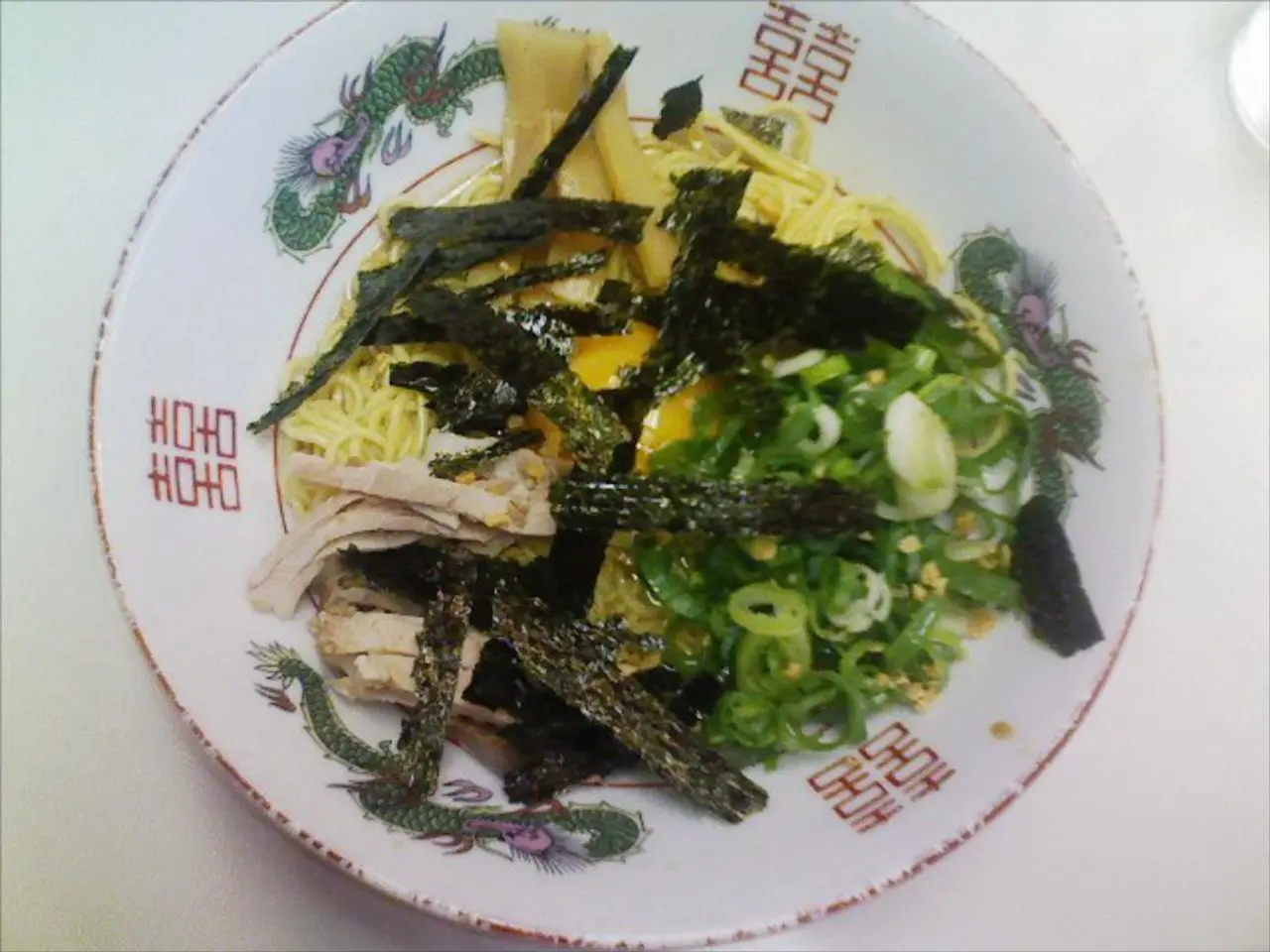Dietitian Provides Tailored Roti Choices Based on Your Individual Health Requirements
Nutritionist Lovneet Batra has shared seven roti alternatives that cater to various health benefits, offering a tailored approach to address specific dietary goals. These recommendations, presented in her latest Instagram post, provide a diverse range of options for weight management, blood sugar regulation, bone strength, cardiovascular health, and inflammation.
- Barley Roti
Barley roti is a recommended choice for those focusing on weight loss and blood sugar control. With a low glycemic index (GI) of 30, this roti helps regulate blood glucose levels, making it an ideal option for managing blood sugar levels. Additionally, barley roti is rich in Beta-glucan fibre, which aids in weight loss.
- Jowar (Sorghum) Roti
Jowar roti is another great alternative, particularly for those seeking to support digestion. Loaded with insoluble fibre and polyphenols, this roti promotes healthy digestion and keeps you feeling full longer, aiding in weight management.
- Ragi (Finger Millet) Roti
Ragi roti is a recommended option for those looking to strengthen their bones. Rich in calcium and other minerals, ragi roti is beneficial for maintaining bone health, making it a good choice for growing kids, older adults, and anyone looking to support bone health.
- Besan (Gram Flour) Roti
For vegetarians seeking to increase their protein intake, besan roti is a good choice. Containing 22 grams of protein per serving, along with iron and folate, besan roti is a great source of plant-based protein, supporting muscle health and satiety.
- Oats Roti
Oats roti is an excellent choice for those aiming to support heart health and reduce inflammation. Packed with beta-glucan and antioxidants, oats roti helps maintain heart health and reduces inflammation in the body.
- Multigrain Roti
Multigrain roti offers a nutrient-dense, fibre-rich, low GI option with a balanced energy and digestion profile. Combining several grains, multigrain roti is a good option when one cannot decide on a single roti type, providing a variety of nutrients while maintaining a low glycemic index.
- Foxtail Millet Roti
Foxtail millet roti is a recommended choice for those concerned about heart health and maintaining healthy blood pressure. Packed with potassium, magnesium, and antioxidants, foxtail millet roti is beneficial for heart health and maintaining healthy blood pressure.
Lovneet Batra encourages mixing and matching these rotis throughout the week to ensure a range of nutrients for full-spectrum nutrition and to keep meals interesting while targeting various health needs. This tailored approach helps address specific dietary goals like weight management, blood sugar regulation, bone strength, cardiovascular health, and inflammation.
| Roti Type | Key Health Benefits | |-----------------|--------------------------------------------------------| | Barley | Weight loss, blood sugar control | | Jowar (Sorghum) | Digestion, fullness | | Ragi | Stronger bones | | Besan (Gram) | Plant-based protein | | Oats | Heart health, inflammation support | | Multigrain | Balanced nutrition, fiber-rich, low GI | | Foxtail Millet | Heart health, blood pressure maintenance |
[1] Lovneet Batra's Instagram Post, Link [2] Article on Roti Alternatives, Link [3] Research Study on Roti Nutrition, Link
- Barley roti, with its low glycemic index and Beta-glucan fiber, is an ideal choice for individuals focusing on weight loss and blood sugar control.
- Jowar (Sorghum) roti, rich in insoluble fiber and polyphenols, promotes healthy digestion and keeps one feeling full longer, making it beneficial for weight management.
- Ragi (Finger Millet) roti, abundant in calcium and minerals, is a great option for those looking to strengthen their bones and support bone health.




